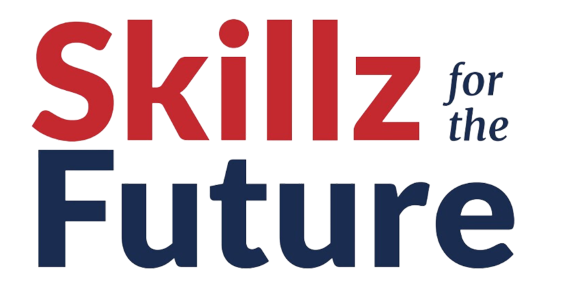In the intricate tapestry of various professions, the concept of confidentiality stands as a sentinel, guarding sensitive information against unwarranted disclosure. The significance of confidentiality transcends mere legalities; it plays a pivotal role in shaping an individual’s reputation and influencing their career trajectory. Let’s embark on a journey to unravel the layers of confidentiality, exploring its types, responsibilities, and the delicate balance between personal and legal obligations.
At its core, confidentiality entails the art of withholding or not revealing specific information. Derived from the notion of confiding, it embodies trust, emphasising the need to keep certain matters private. In the professional realm, confidentiality is not merely a concept but a practice, demanding a nuanced understanding of legal and ethical guidelines.
Confidential information manifests in various forms, each requiring a distinct approach to preservation. Here are the primary categories:
Employee Information:
Handle with Care: In organisational settings, tidbits about colleagues may come your way. Exercise discretion, steering clear of spreading unsubstantiated gossip. Upholding integrity is paramount.
Legal Implications: Personal information about individuals, from addresses to ethnic backgrounds, demands stringent protection. Legal obligations in many countries mandate secure handling, and non-compliance can lead to personal liability.
Managerial Information:
Balancing Act: Insights into disciplinary actions or impending managerial decisions necessitate a delicate touch. While some information may become public eventually, others demand prolonged confidentiality.
Organizational Information:
Trade Secrets Unveiled: From industrial processes to budgets, organisational information, often deemed trade secrets, requires utmost protection. Confidentiality agreements or employment contracts may add an extra layer of legal responsibility.
Customer or Contact Information:
Navigating Data Protection: As data protection laws evolve, especially in Europe, handling customer information demands meticulous attention. Legal advice becomes crucial to align practices with changing regulations.
Professional Information:
Bound by Ethics: Professionals like doctors, lawyers, and accountants hold privileged information. Governed not only by legal requirements but also by stringent professional codes, preserving confidentiality is integral to their practice.
Casual vs. Legal Confidentiality
Distinguishing between casual expectations of confidentiality and legal obligations is imperative. While some information may be shared based on personal discretion, legal ramifications dictate the handling of specific data:
Casual Expectations: Colleagues confiding personal news may create an informal understanding of confidentiality. While not legally binding, breaching such trust can tarnish relationships and reputations.
Legal Obligations: Personal information protected by law, such as national insurance numbers, demands explicit consent for disclosure. Sharing proprietary organisational data can lead to legal consequences, emphasising the need for adherence to laws.
Protecting Confidential Information
For those routinely entrusted with confidential information, adopting robust protection measures is imperative:
Physical Security: Locking away confidential information, both during and after work hours, safeguards against unauthorised access.
Digital Vigilance: Password-protecting sensitive computer files forms a crucial line of defence against data breaches.
Clear Marking: Clearly indicating information as confidential, coupled with secure disposal practices, adds an extra layer of protection.
Need-to-Know Basis: Limiting disclosure to individuals who genuinely require the information is a fundamental principle.
When to Break Confidentiality
In navigating the delicate terrain of confidentiality, certain circumstances necessitate a departure from the norm:
Balancing Act: If information suggests actions against the organisation’s interests, a careful balance between individual and organisational needs is required.
Whistleblowing: Revealing actions contrary to professional codes of conduct, though protected in some organisations, demands careful consideration due to potential organisational repercussions. Legal Imperatives: When criminal offences are suspected, reporting to the police becomes an obligation. In cases of suspected abuse, transparent communication with the affected parties is crucial.
Much of the confidentiality framework aligns with common sense and established professional standards. As legal landscapes evolve, practitioners should reassess their approaches to confidentiality. It is not merely a legal obligation but a testament to professional integrity and ethical practice, shaping the foundation of trust in the dynamic landscape of professional relationships.
